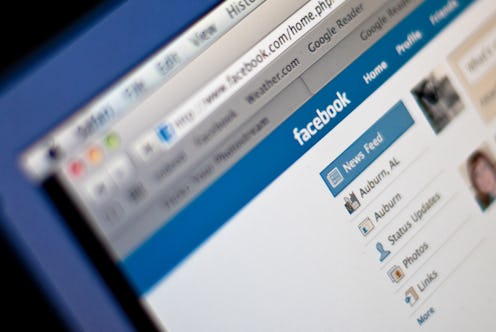News
Today In Science: High GPAs Linked to Facebook Jealousy

Students with high GPAs might be high-achievers in more than academics, at least according to recent research. A team of researchers held a study in various American colleges, finding that higher GPAs meant higher levels of Facebook-induced romantic jealousy. Grades had an even greater impact on female students' jealousy.
This phenomenon, which researchers have nicknamed "Facebook jealousy," occurs when someone in a relationship misinterprets activity on their partner's account. You know, when a cute girl posts something flirty on your boyfriend's wall and you freak out.
Participants were asked to imagine hypothetical scenarios, such as finding a message in their partners' inboxes that read "What are you up to later?" from someone of the sex they were attracted to. They found the women with the higher GPAs were the most likely to have "Facebook jealousy."
Denise Friedman, leader of the study, chalks it up to perfectionism. "Students with higher GPAs are often more conscientious, show greater self-control and tend to be perfectionistic," she said. "The perceived infidelity likely upsets their attempts at perfection across the board." Whoa.
It gets better. Researchers then polled for the same ambiguous question — "What are you up to later?" — but threw in a winking emoticon. This time, men reacted more strongly. And, once again, it all comes back to babies.
"Evolutionary work suggests men are more jealous of sexual infidelity, while women are more jealous of emotional infidelity," Friedman said. "The winking emoticon was most likely perceived as flirtatious, perhaps even sexually suggestive, which may explain why men were more jealous in this condition."
So where do we go from here? Well, all you ladies with a 4.0, take a deep breath and look away from the screen. A little Facebook flirting doesn't make you or your relationship a failure.